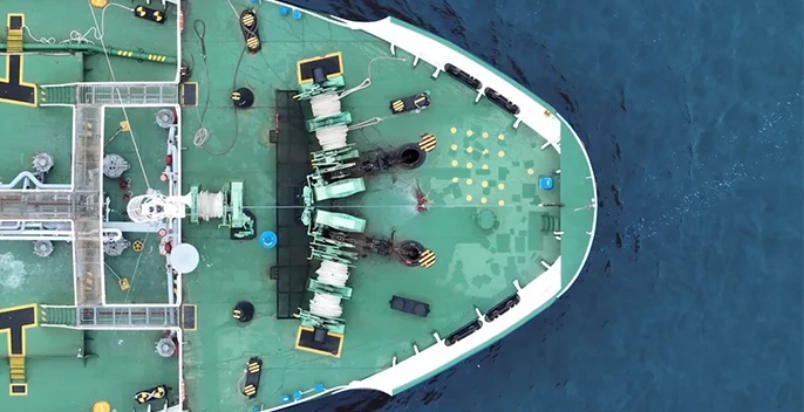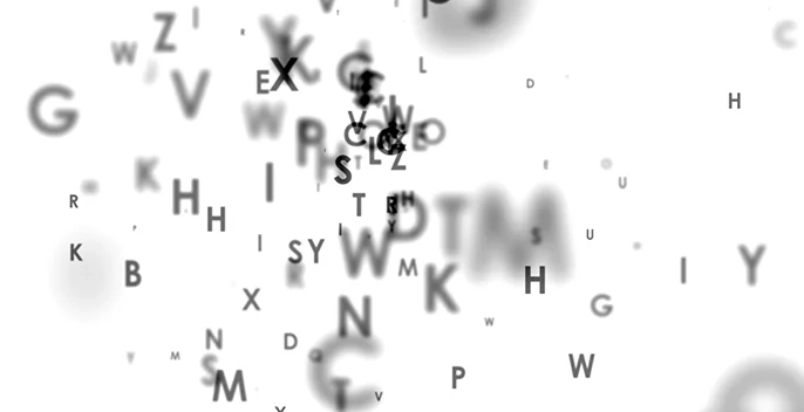The high volume of sanctions in response to the Russia/Ukraine conflict has had a material impact on the financial services industry, in particular on the insurance sector. How will sanctions on Russia and Russian counter-sanctions impact the insurance and reinsurance industry as we move into 2023?
The material increase in the number of sanctioned entities and individuals as a result of the Russia/Ukraine conflict and the ensuing increased need for vigilance has had a real impact on the financial services sector in 2022. With no end in sight to the Russia/Ukraine conflict, Russian sanctions and counter-sanctions will likely remain in place in 2023 and continue to affect the financial services sector. This is particularly true of those in the insurance sector and those who need insurance.
Oil Price Cap
Recent extensions to UK sanctions regime have precluded UK insurers from insuring vessels carrying Russian oil and oil product cargoes unless they fall within the scope of a specific sanctions’ licence (INT/2022/2469656) which puts into effect an agreed price cap (currently $60/barrel, following coordination between countries forming the G7). This licence places obligations on those wishing to rely on it, including (for insurers) to: carry out “appropriate due diligence” to satisfy themselves that the pricing information received is reliable; include an attestation document in the form required by the General Licence within the contractual obligations within the scope of the licence; and keep records.
Monetary fines have historically only been imposed in fewer than 5% of cases pursued by OFSI
With the passing of the Economic Crime (Transparency and Enforcement) Act 2022 in June 2022, the UK now imposes strict liability for breaches of financial sanctions and the Office of Financial Sanctions Implementation (“OFSI”) can levy significant civil fines (up to £1m or 50% of the value of funds or economic resources concerned). While monetary fines have historically only been imposed in fewer than 5% of cases pursued by OFSI, and OFSI has previously said it looks to ensure that its response is proportionate (see responses of Giles Thompson of OFSI to Treasury Committee on 22 June 2022), risks to insurers and reinsurers dealing with Russian risks will remain high.
It therefore remains important that insurers satisfy themselves that their sanctions-related processes are adequate and meet the needs of prevailing legislation and rules, including the latest General Licence if insurers are providing cover for shipments of Russian petroleum products. Insurers should also be mindful to ensure that those to whom they have delegated authority (e.g. MGAs) are also acting in compliance.
Counter Sanctions and Aviation Losses
There is also currently no end in sight to Russia’s counter-sanctions. It appears unlikely that formerly foreign-owned assets that have been re-registered in Russia, such as aircraft, will be returned to their original owners (and if returned, the value of any returned aircraft would be significantly reduced). The final quarter of 2022 has seen a significant increase in the number of claims being filed in the courts of Ireland, the US and UK against insurers of lessors whose aircraft have been re-registered in Russia, and we see that trend continuing into 2023 as discussions between insurers and insureds reach stalemate. Similar claims may arise under marine and political violence covers.
We anticipate that as insurance claims are paid or settled, attention will turn to the aviation reinsurance market. For example, arguments might arise over the “event” that triggers insurers’ liability (e.g. President Putin’s announcement of counter-sanctions, their entry into law, the act of re-registration etc.) and its timing, since many reinsurance treaties contain hours clauses with geographic limits by which reinsureds may aggregate losses that fall within a particular radius and within a particular time period. Although we do not yet know if these factors would make a difference in practice, a situation could arise where an “event” causing loss is deemed to happen at, say, 00:01 Moscow time being when a law or re-registration comes into effect. At 00:01 Moscow time, it may be more likely that the aircraft would be on the ground and consolidated around particular airports than if the “event” is found to have taken place in the middle of the day, when a greater proportion of the fleet might be in-flight and dispersed over Russian airspace. Similarly, different dates may have an impact, depending on the locations of aircraft on those dates.
We therefore see scope for disputes to arise between reinsurers and reinsureds relating to the re-registration of aircraft in Russia causing losses to foreign lessors.
Conclusion
The Russia/Ukraine sanctions touch on many areas of the world economy, including, as discussed above, the oil and aviation industry. Insurers’ processes to ensure they remain compliant with sanctions will continue to come under strain long into 2023, and disputes arising from counter-sanctions are likely to begin to affect reinsurers.
Authors
Published date
19 Jan 2023








